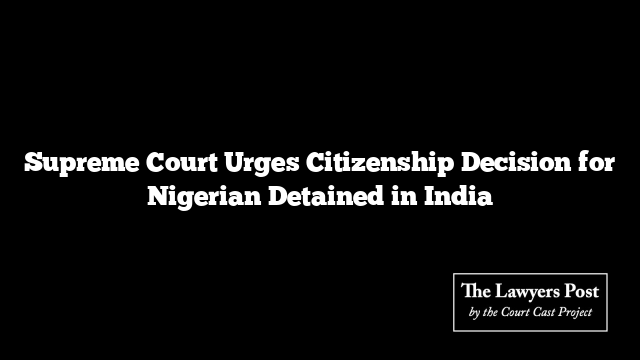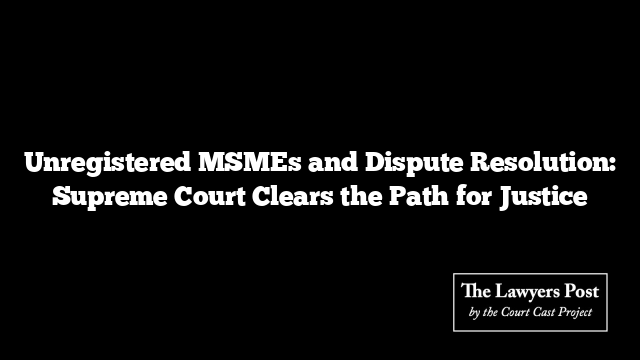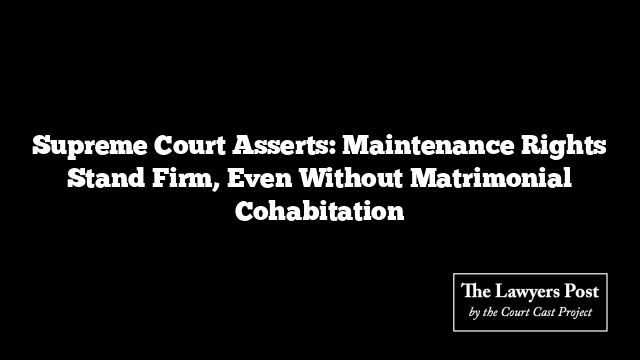In a case highlighting complex intersections of immigration, law, and human rights, the Supreme Court of India has called on the Union Government to resolve the citizenship application of a Nigerian national detained in Tamil Nadu. The Court emphasized that indefinite detention in a special camp is untenable and urged authorities to decide within three months.
The petitioner, a Nigerian national married to an Indian citizen, was detained after being found with a forged visa and implicated in a financial fraud case involving multiple fake passports and a fraudulent website that allegedly deceived victims of ₹40 lakhs. Despite being granted bail in the related criminal case, he was confined to a special detention camp in Tiruchirappalli under orders from the Tamil Nadu government, a decision upheld by the Madras High Court in June 2024.
The man’s wife challenged the High Court’s order, filing a Special Leave Petition (SLP) with the Supreme Court. While the apex court declined to interfere with the detention itself, it underscored the importance of resolving his citizenship plea.
“If citizenship is to be declined, the Union must communicate this promptly. If it is to be granted, let the process move forward. To leave the petitioner in a detention camp indefinitely is improper,” the bench remarked.
The Court also recommended relocating the petitioner to a detention facility in Uttar Pradesh, closer to his wife in Kanpur, citing practical concerns such as a language barrier and proximity to family.
This decision underscores a delicate balance between legal accountability and human rights, particularly in cases involving foreign nationals with familial ties in India. The ruling adds urgency to the need for clarity in the petitioner’s legal status, signaling a broader reflection on how such cases are handled within the judicial and immigration systems.





